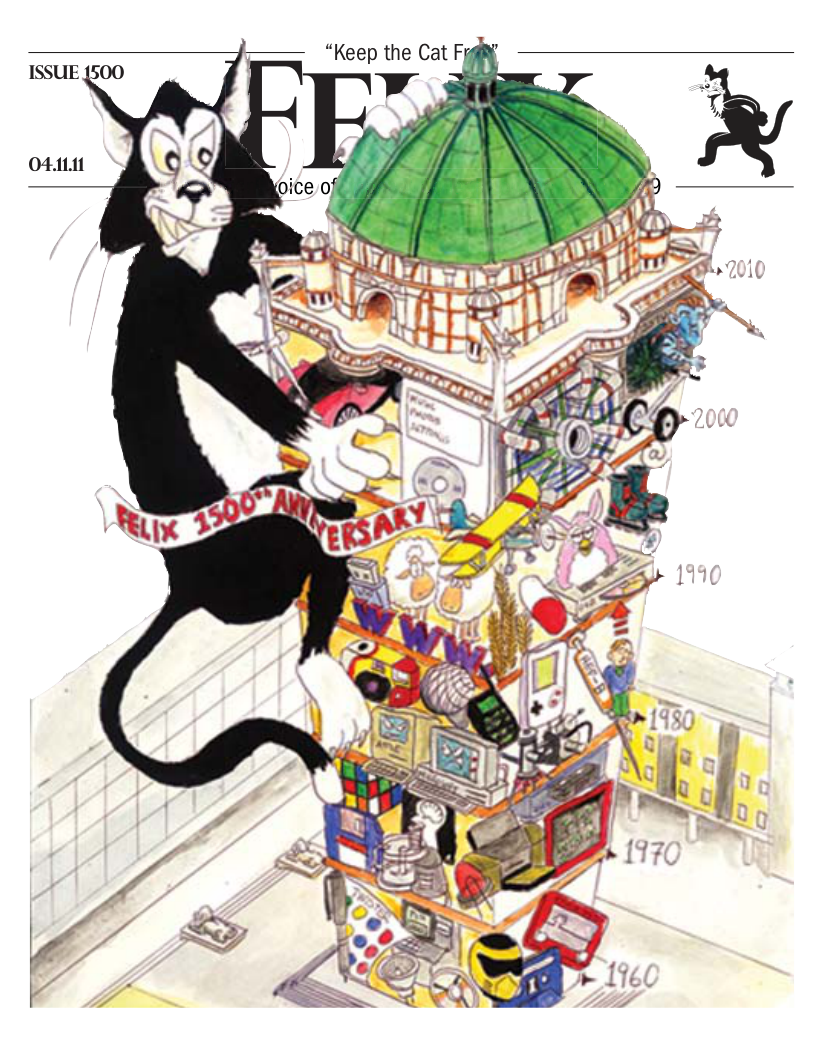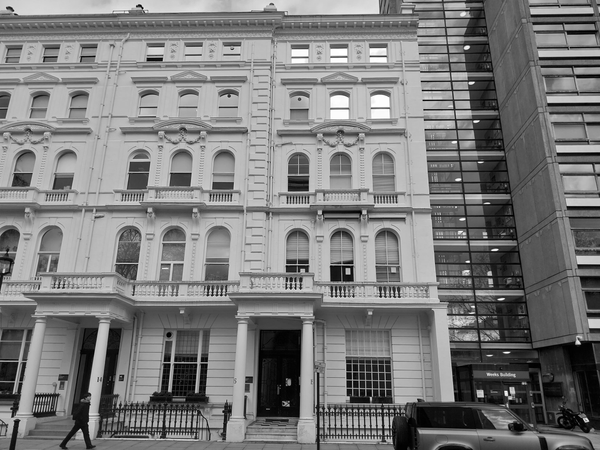Should climate change be labelled?
Eoghan J. Totten arques that a new attitude to climate change is necessary

I read over my last article and it seemed a bit too esoteric… and we’re all scientists after all, so I’ll try and keep to the facts this time.
There is a multitude of stigma attached to climate change. Some say we’re still on a positive temperature trend in the wake of an Ice Age ten millennia ago, others say it would prove fruitless to tackle a problem of such a large order and others, moreover, believe the human race is the sole source of the problem and that a time will come when the Pennines are swept away by a massive tsunami…
I, for one, believe it to be derived from a plethora of factors, including many listed above. This is the cusp of the matter: by recognising it as an all-consuming phenomenon we negate the fact that the only way to tackle climate change is through meeting the plurality of minutiae that make up the bigger picture. The sceptics are right: it is too big to solve alone. Our only viable option is to delve deeper into our vocations and focus on our own chosen aspects of the crisis. This way, we waste less time on conversation and negotiation about what should be done and instead invest our thought in righteous and thorough action.
It would thus seem from the above that we should rid climate change of its label. It should be integrated into everything we do, where it no longer becomes a question of a rat-race to save the planet but an ethical task to ensure righteous action, sustainability and the expansion of scientific boundaries. This dawned on me after conversing with a German friend in the kitchen, who succinctly stated, “Look around you. The central heating’s on, yet the windows are open. People will not consider these things until they are gone and, in some cases, irreplaceable.”
We should rid climate change of its label. It should be integrated into everything we do
Face facts. If the West cuts its emissions of carbon dioxide and vastly reduces consumption of finite resources, it will be cancelled by the growth of Brazil, India, and China, who hold astronomical potential for growth. They have a right to do so. After all, many parts of the West have had 150 years of industrial boom. We are in no position to criticise. Looking closer, these developing countries are doing what they must to serve their population. We have exhausted industrialisation. We have exhausted our instantaneous, risk-taking economic system. Both follow future paths that lead to a fiery end. If we integrate the two, we might just miss the flames. Maybe a ‘Green Market’ is just what the West and especially the United Kingdom needs (and of course Ireland ;]).
I look out my window from Evelyn Gardens and watch the traffic… Ferrari, Lamborghini, Mercedes AMG, Bentley. There’s some wealth about South Kensington. Contrast that with the phenomenal statistic that one of the sole employers in the UK (500,000) is Tesco. Quite a lot of those 500,000 roles involve menial administration for the sake of creating jobs. I find it debasing and frankly horrific. Bring back the glory days of the industrial towns.
Believe it or not, the foundations may have been unintentionally laid already: Carbon fibre Airbus wings to be made in Flintshire, wind turbines at Harland & Wolff, Belfast. Imagine it on a grand scale: a biofuel plant in Plymouth, a Hydrogen Synthesis centre in Salford, fruit and vegetables grown on every roof in London, Nodding Duck tidal generators on multiple sites on the North Sea coast. There would be work for all, economic growth, national pride, strong Government, all that people look for…
Why aren’t we there yet? Two words… stigma and indifference. In conclusion, it’s time for change. Let’s push towards the future, Imperial College. In the meantime, the monotony of routine, the parties, go on. Some of us even wake up in Shepherd’s Bush the following morning.







